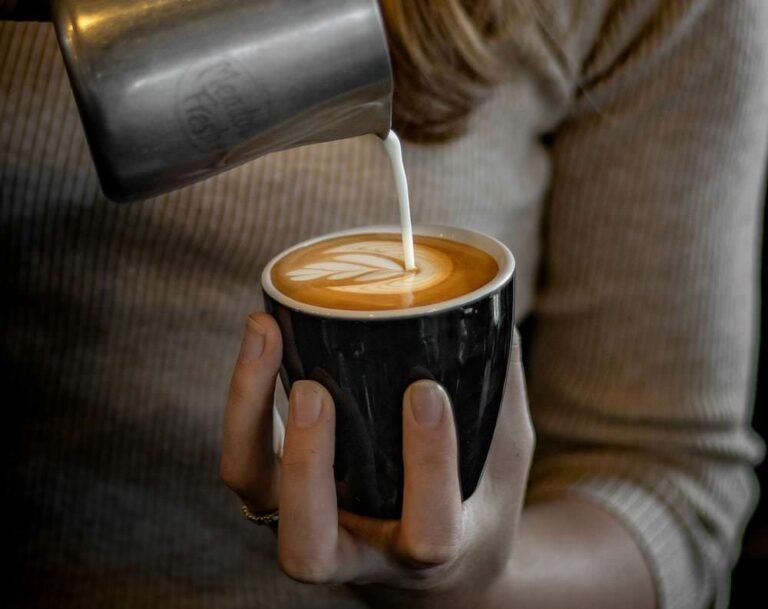Great!
The English exclamation “Great!” can express approval, satisfaction, enthusiasm, or irony, depending on tone and context. French has many possible equivalents, each suited to a particular level of enthusiasm, formality, or regional habit.
1. Super !
This is one of the most common translations. It expresses genuine enthusiasm or approval in casual speech, similar to “Great!” or “Awesome!” in English.
- Super ! Tu as réussi ton examen ! — Great! You passed your exam!
- Super, on se voit demain alors. — Great, see you tomorrow then.
It is informal but not slang, suitable in both friendly and workplace contexts.
2. Génial !
More enthusiastic than super, it means “brilliant,” “fantastic,” or “great.” It suggests strong positive emotion.
- Génial ! On part en vacances ! — Great! We’re going on holiday!
- C’est génial, ton idée ! — That’s great, your idea!
It can also be used sarcastically, depending on tone:
- Génial, il pleut encore. — Great, it’s raining again.
3. Chouette !
This is friendly, cheerful, and mildly enthusiastic. Common in informal, everyday speech.
- Chouette ! Tu viens dîner avec nous ! — Great! You’re coming to dinner with us!
- Chouette, un long week-end ! — Great, a long weekend!
It sounds natural in spoken French but is rarely used in formal contexts. From the noun une chouette, which means “an owl.”
4. Formidable !
More formal and old-fashioned in tone, but still heard. It can mean “great,” “wonderful,” or “amazing,” depending on context.
- Formidable ! Vous avez tout terminé ! — Great! You’ve finished everything!
- C’est formidable de vous revoir. — It’s great to see you again.
It can also sound slightly dramatic or theatrical if used too often in casual conversation.
5. Parfait !
Used when something is satisfactory or meets expectations rather than when it excites enthusiasm. It corresponds to “Perfect!” or “Great!” as an approving acknowledgment.
- Parfait, je note ça. — Great, I’ll make a note of that.
- Parfait, on commence à neuf heures alors. — Great, we’ll start at nine then.
This is often used in professional or transactional settings.
6. Top !
A modern, casual word, often used by younger speakers. It suggests something excellent, first-rate, or going smoothly.
- Top ! On y va ! — Great! Let’s go!
- C’était top, ton concert hier soir. — Your concert last night was great.
In spoken French, trop top (“so great”) is common among younger speakers.
7. Nickel !
A slangy, informal expression meaning “great,” “spotless,” or “perfect.” It originated from the idea of something shiny and clean.
- Nickel, tout fonctionne. — Great, everything’s working.
- C’est nickel, merci pour ton aide. — Great, thanks for your help.
Avoid in formal writing or professional exchanges.
8. Impeccable !
Used like nickel, but slightly more neutral. It means “great,” “perfect,” or “flawless.”
- Impeccable, on est prêts à partir. — Great, we’re ready to go.
- Impeccable, le travail est terminé. — Great, the work is finished.
Common in both everyday and semi-formal speech. Sometimes abbreviated to “Impec !” or “C’est impec !”
9. Excellent !
Used in the same way as English “Excellent!” to express approval or admiration.
- Excellent ! Tu as trouvé la solution. — Great! You found the solution.
- C’était excellent, ce film. — That movie was great.
Can also be used humorously:
- Excellent, encore une réunion inutile. — Great, another useless meeting.
10. Cool !
Borrowed directly from English, cool is widely used in French to mean “great,” “nice,” or “good.” It is very informal and common among younger speakers.
- Cool ! Tu viens avec nous ? — Great! You’re coming with us?
- Cool, à tout à l’heure. — Great, see you later.
Tone determines whether it sounds genuinely enthusiastic or merely polite.
11. Trop bien !
Informal, youthful, and enthusiastic. Literally “too good,” it conveys genuine excitement.
- Trop bien ! On a gagné ! — Great! We won!
- Trop bien, tu as eu une promotion ! — Great, you got a promotion!
Avoid in formal writing, as it is colloquial and expressive.
12. Ça marche !
Literally “that works,” but often used in place of “Great!” to confirm agreement or understanding.
- — On se retrouve à midi ? — Ça marche ! — We’ll meet at noon? — Great!
- — Tu peux t’en occuper ? — Ça marche. — Can you handle it? — Great.
It is informal but common in workplace conversations.
13. C’est bon !
Context determines meaning. It can mean “That’s fine,” “OK,” or “Great,” depending on tone.
- C’est bon, on peut y aller. — Great, we can go now.
- C’est bon, j’ai fini. — Great, I’m done.
In casual contexts, it signals approval or completion rather than excitement.
Summary
- Super, génial, and chouette express enthusiasm.
- Formidable and excellent are stronger or more formal.
- Parfait, impeccable, and nickel mean “great” in the sense of “all good” or “just right.”
- Cool, top, and trop bien are youthful and informal.
- Ça marche and c’est bon convey agreement or readiness rather than excitement.






